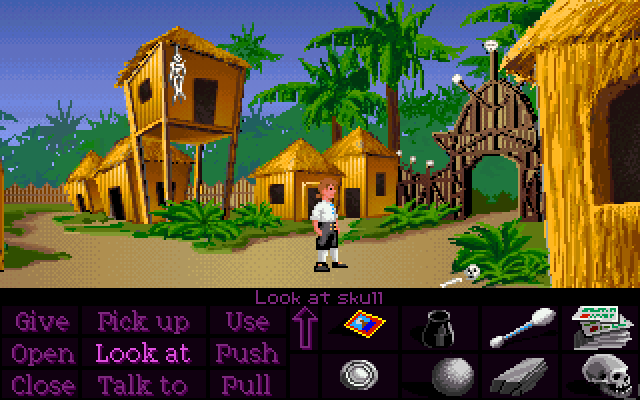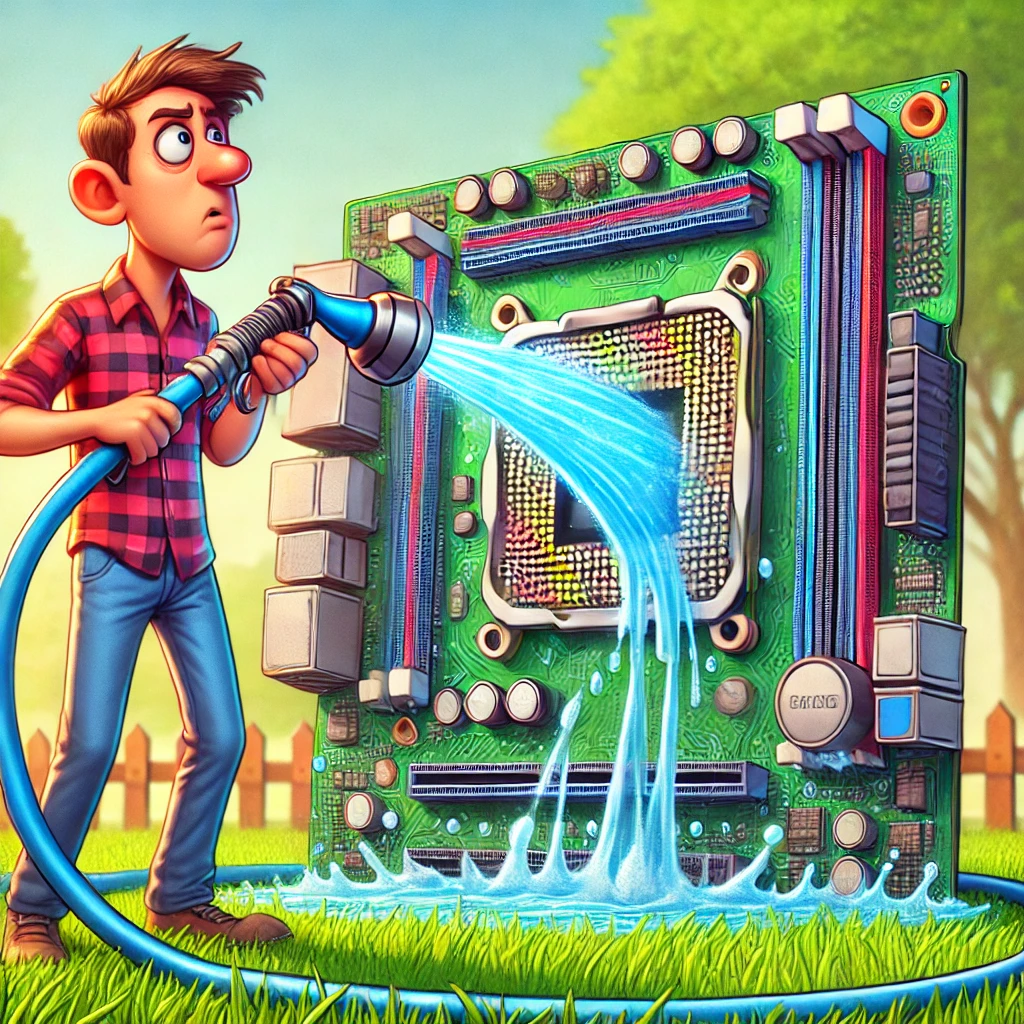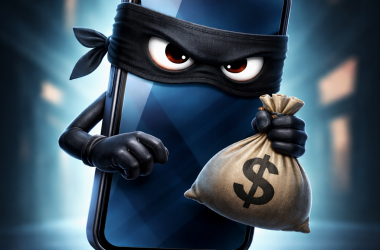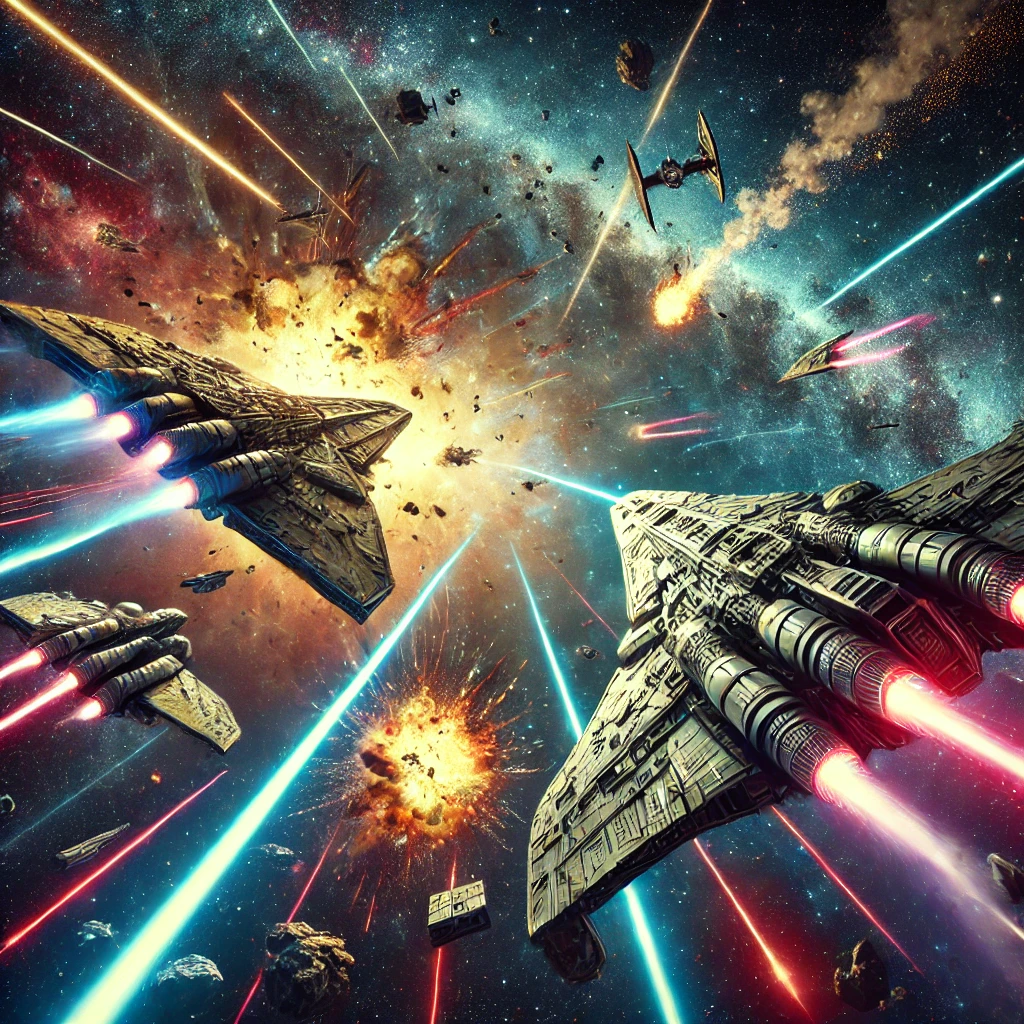Table of Contents Show
The Monkey Island series is a cornerstone of gaming history, a treasure trove of humor, adventure, and charm that has enchanted players for over three decades. Whether you’re a seasoned gamer or a newcomer to the world of point-and-click adventures, these games deserve a spot on your bucket list. Let’s break down why the Monkey Island games are an essential experience before you shuffle off this mortal coil.
The History of Point-and-Click Adventures
Point-and-click adventures trace their origins to the early days of computer gaming in the 1980s. As computing power advanced, developers began experimenting with narrative-driven experiences that allowed players to interact with the environment using text parsers and simple commands. Titles like “Zork” and “Colossal Cave Adventure” set the stage for this genre, relying on text-based interfaces where players typed commands to explore, solve puzzles, and progress the story. While engaging, these early games often frustrated players with their rigid syntax and obscure solutions.
The genre truly came into its own with the advent of graphical interfaces. Sierra On-Line was a pioneer in this space, producing classics like “King’s Quest,” “Space Quest,” and “Leisure Suit Larry.” These games introduced clickable environments and a sense of visual storytelling that brought the worlds to life. However, Sierra’s titles were infamous for their punishing difficulty – players could die frequently or find themselves stuck due to missed items or actions.
Lucasfilm Games (later LucasArts) revolutionized the genre by introducing the SCUMM engine with “Maniac Mansion” in 1987. SCUMM (Script Creation Utility for Maniac Mansion) streamlined gameplay by providing players with a menu of verbs to interact with objects and characters, eliminating the need for complex typing. This innovation paved the way for more accessible and enjoyable experiences, reducing frustration and allowing players to focus on the story and puzzles.
The late 1980s and early 1990s became a golden age for point-and-click adventures. Titles like “Day of the Tentacle,” “Sam & Max Hit the Road,” and “Grim Fandango” showcased the genre’s potential for storytelling, humor, and creativity. These games were known for their intricate puzzles, quirky characters, and immersive worlds. Despite a decline in popularity during the early 2000s due to the rise of 3D gaming and action-focused titles, the genre has experienced a resurgence in recent years, with indie developers and remastered classics bringing point-and-click adventures to a new generation of players.
The Birth of Iconic Humor
Monkey Island is a masterclass in comedic writing. The brainchild of Ron Gilbert, Tim Schafer, and Dave Grossman, the series introduced players to Guybrush Threepwood, a wannabe pirate with an unshakable determination to prove himself. The humor is razor-sharp, self-aware, and timeless. Whether it’s the absurdity of insult sword fighting (“You fight like a dairy farmer!” – “How appropriate, you fight like a cow!”) or the quirky dialogue trees, the games are a delight for anyone who appreciates clever wit.
A Timeless Storyline
The series’ narrative revolves around Guybrush’s quest to become a legendary pirate, his love for Governor Elaine Marley, and his ongoing battles with the ghost pirate LeChuck. Despite its comedic tone, the Monkey Island series weaves an engaging story filled with twists, memorable characters, and emotional moments. The plot threads through themes of ambition, love, and the meaning of success, making it relatable to a broad audience.
Revolutionary Game Design
Released in 1990, “The Secret of Monkey Island” redefined adventure games. Its innovative mechanics, like the SCUMM engine (Script Creation Utility for Maniac Mansion), allowed players to interact with the world in ways that felt fresh and intuitive. Unlike many games of its era, Monkey Island was designed to be forgiving: players couldn’t die or reach a dead end, ensuring the focus remained on solving puzzles and enjoying the story.
Puzzles That Challenge and Delight
Monkey Island’s puzzles are legendary. They’re clever, often requiring lateral thinking and a healthy dose of humor. Who could forget using a rubber chicken with a pulley in the middle or navigating the convoluted map directions on Monkey Island? The solutions reward creativity and persistence, offering immense satisfaction when you finally crack them.
A Visual and Auditory Feast
Each Monkey Island game has its unique visual style, from the pixel art of the original games to the lush hand-drawn graphics of “The Curse of Monkey Island” and the vibrant, modern aesthetic of “Return to Monkey Island.” The series’ music, composed by Michael Land, is equally iconic. The reggae-inspired main theme is instantly recognizable and a testament to the games’ Caribbean charm.
A Legacy That Endures
Monkey Island’s influence is undeniable. It inspired countless adventure games and remains a touchstone for developers and players alike. The series has been re-released on modern platforms, ensuring its accessibility to new audiences. “Return to Monkey Island,” released in 2022, brought the series full circle, reuniting fans with their favorite characters and wrapping up lingering storylines with the same humor and heart as the originals.
Other LucasArts Point-and-Click Adventures
While Monkey Island is perhaps the most famous, it is far from the only gem in LucasArts’ treasure trove of point-and-click adventures. “Day of the Tentacle” is a standout, a zany time-traveling romp that challenges players to solve puzzles across three different timelines. Its witty dialogue and inventive gameplay mechanics make it a must-play for fans of the genre.
“Grim Fandango,” released in 1998, took the genre in a bold new direction with its 3D visuals and noir-inspired story set in the Land of the Dead. Players take on the role of Manny Calavera, a travel agent for souls, in a narrative rich with intrigue, romance, and dark humor. Despite its initial commercial struggles, “Grim Fandango” has since been recognized as a masterpiece and received a remastered edition in 2015.
“Sam & Max Hit the Road” offers a different flavor of humor, following the antics of an anthropomorphic dog and a hyperkinetic rabbit as they solve bizarre cases. Its irreverent tone and offbeat puzzles make it a cult classic.
Other notable titles include “Full Throttle,” a biker-themed adventure with a cinematic edge, and “Indiana Jones and the Fate of Atlantis,” which many consider a better Indiana Jones story than some of the films. These games share the hallmark qualities of LucasArts – sharp writing, memorable characters, and innovative gameplay.
LucasArts’ point-and-click adventures have left an indelible mark on gaming, influencing countless developers and inspiring modern revivals of the genre. For fans of Monkey Island, exploring these titles offers a chance to delve deeper into the rich history of adventure gaming and appreciate the creativity and ingenuity that defined this golden era.
Why It’s a Must-Play
- Cultural Significance: Monkey Island is a piece of gaming history, representing a golden age of adventure games.
- Unmatched Writing: Few games capture humor and storytelling as effectively.
- Timeless Gameplay: The puzzles and mechanics remain engaging, even decades later.
- Memorable Characters: Guybrush, Elaine, LeChuck, and a host of supporting characters leave a lasting impression.
- Community: Joining the Monkey Island fandom connects you to a passionate community of gamers who share your appreciation for this classic series.
Where to Start
If you’re ready to dive in, start with “The Secret of Monkey Island: Special Edition,” which updates the original game with modern graphics and voice acting. From there, follow Guybrush’s adventures in order. Each game builds on the last, offering a richer experience as you progress.
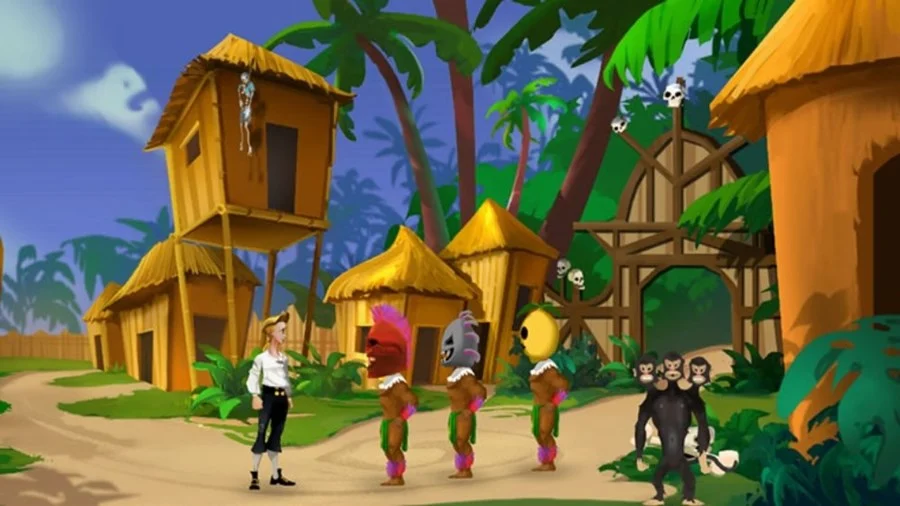
Final Thoughts
The Monkey Island games are more than just a series of video games; they’re a cultural phenomenon that has stood the test of time. They’re funny, smart, and endlessly entertaining. If you’ve never set foot on Melee Island, it’s time to grab a grog, fire up your gaming device, and see what you’ve been missing. Trust me, you won’t regret it. And who knows? You might even learn the secret of Monkey Island before you die – or at least have a blast trying.




